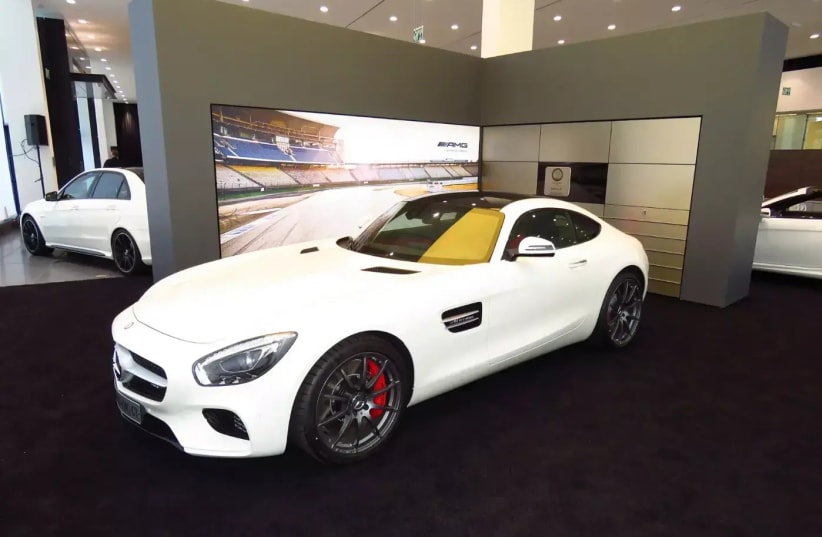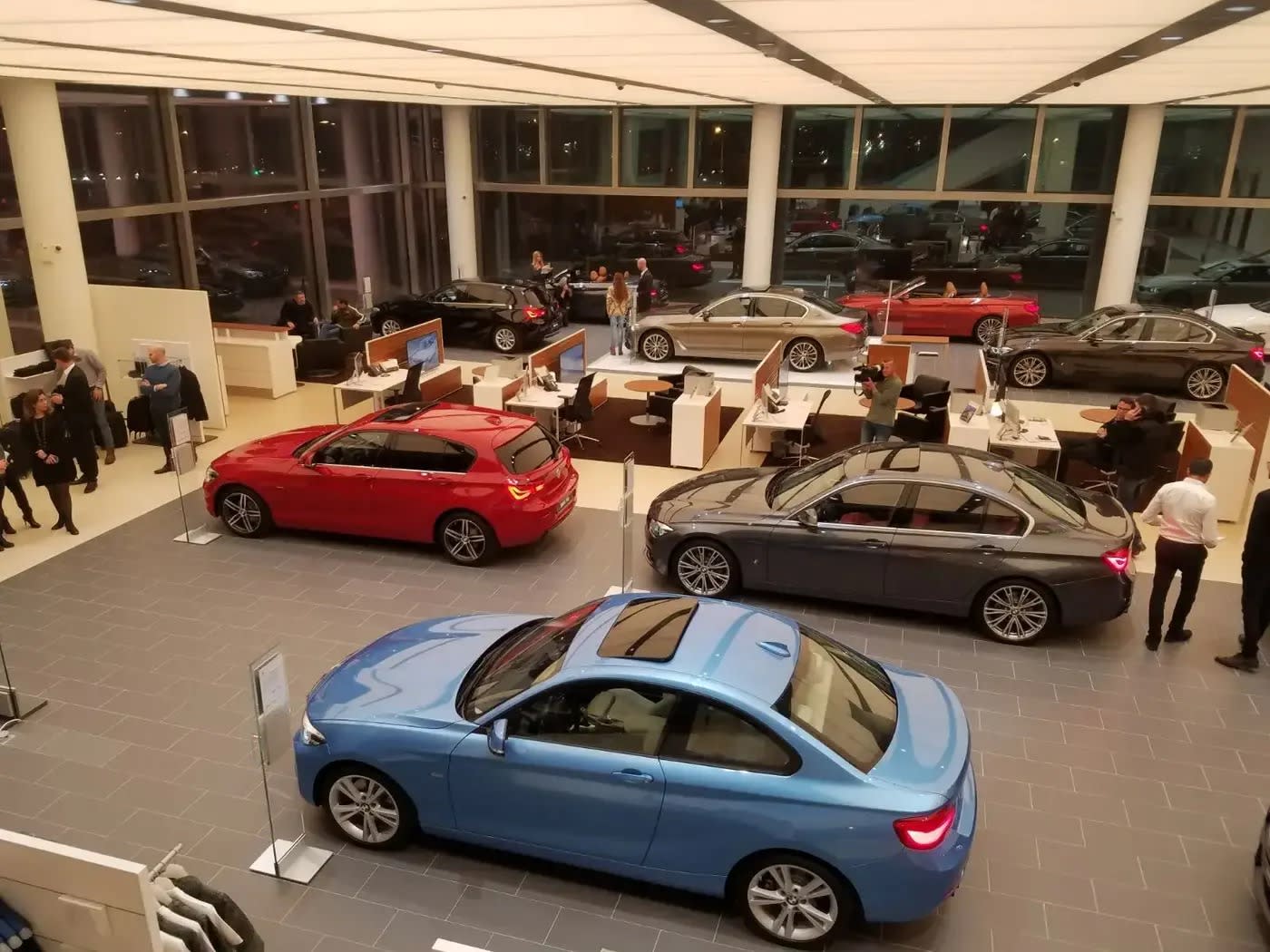In normal years, December was the month when luxury car importers launched expensive campaigns, with offers such as "Buy 24' models at 23 prices". Luxury car customers always prefer more than other buyers to receive the new car at the beginning of the calendar year to earn a model year, even though for almost a decade Levi Yitzhak's price list, calculated according to months of use, is supposed to neutralize the price gap between a car delivered in December and one that hit the road in January.
In recent years, in January, luxury brands accounted for between a quarter and half of their annual deliveries, with Mercedes, for example, managing to enter the list of the top ten selling manufacturers in Israel twice, surpassing many popular brands.
This year it will not happen again. Mercedes is indeed the best-selling luxury manufacturer in the country in the last two years, but in October and November, new Mercedes deliveries in Israel decreased by 64%, compared to an average sector decrease of 37%.
The luxury division of Chevrolet can indeed rejoice in selling within a week of every 300 new electric smart models that arrived in the country and will be delivered in January, but these crossovers were sold at prices of NIS 170,000-205,000, about NIS 100,000 less than the cheapest Mercedes.
And Mercedes is not alone: BMW sales dropped by 59% in the two months following the outbreak of the war. Volvo sales dropped by 51%. An examination of sales data of the five top-selling luxury brands shows that only Audi (30%) and Lexus (33%) dropped slightly less than the market average.
"Even luxury car customers who were not financially affected by the war feel that it's not the time to show up at the office or in the home parking lot with a shiny new car", says an industry source. "Not when there's a new 'cutback in advertising' every morning. Buying a luxury car is not just replacing a car, it's indulgence. Most clients don't feel like it right now".
The crisis in the luxury market comes after a significant increase in their sales in recent years, partly due to low interest rates making it easier for new buyers to enter the sector with cheap financing. This year, after the interest rate hike, luxury brands saw a drop in sales ranging from 50% (Jeep) to 15% (Mercedes). Among the few who managed to sell more were Genesis (25%) and Alfa Romeo (15%).

